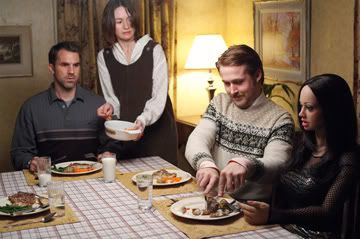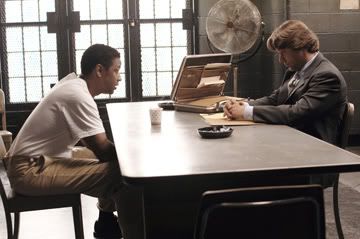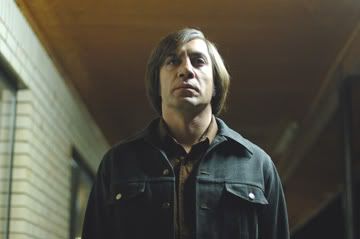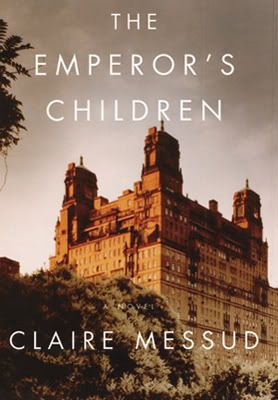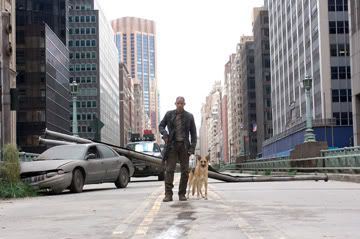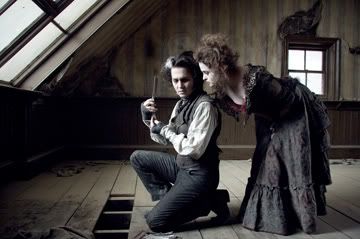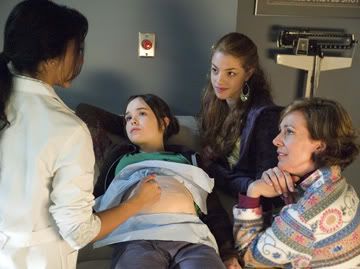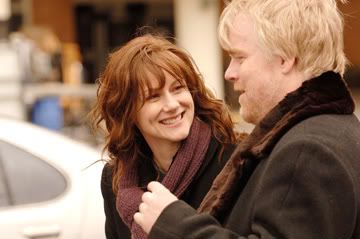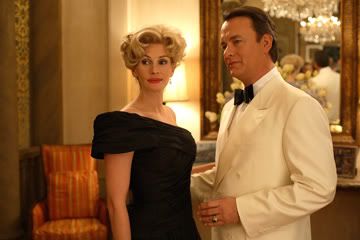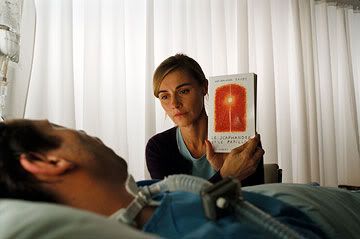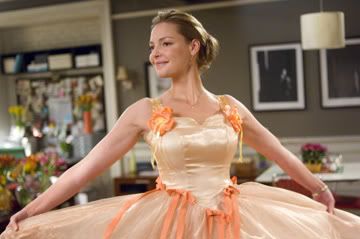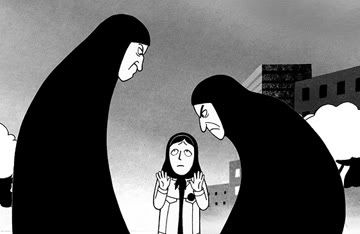

"Greenberg" (2010)
Ben Stiller was a risky choice to play Roger Greenberg in "Greenberg," the latest from writer-director Noah Baumbach ("The Squid and the Whale," "Margot at the Wedding"). It's not that Stiller doesn't pull it off, because he does, it's just that the idea behind the character is too flawed to begin with. Roger is a man who just got released from a mental hospital after having a breakdown. "Life is wasted on people," he says keeping himself distanced from healthy connections with other people. At the age of 40, he purposely does nothing with his life and spends his days writing complaint letters to companies like American Airlines and Starbucks. He would really just like to write a letter to the world telling about all the stupid people that inhabit it. He is mean and close-minded and the opposite of likable, and yet there is a girl who falls for him.
The girl is 25-year-old Florence Marr (Greta Gerwig) who is gentle and sweet. She is plain-looking but not unattractive, and although one may at first think she has low self-esteem, this is not the case. When Roger makes the mistake of telling her, "You have value," she gives him a look of disgust and responds, "I already knew that." It's not that Florence doesn't know what she wants; it's that she just hasn't gotten it yet. She wants a relationship, one that isn't just frivolous sex after sex. The question for us then becomes, why Roger Greenberg? Florence is the assistant to Roger's brother and his family, interacting with the kids and the dog. She does the planning, buys the groceries and makes sure everything is in check. When the family heads off to vacation in Vietnam, that's when Roger moves in for a few weeks to house-sit while Florence occasionally drops by. Being an assistant always serving others, one would think Florence would like to do something for herself. What she finds in Roger isn't that but quite the opposite. A relationship with Roger is a huge undertaking.
The movie rightfully opens with a profile shot of Florence, and we're first introduced to her before getting sucked into the angry misery to the point of exhaustion involving Roger. He was part a band earlier in his life, one that he singlehandedly dismantled. Even upon reuniting with a former band member, Ivan (Rhys Ifans), Roger still doesn't get it. Ivan tries to help his friend the best he can, but you can't help those who don't want to be helped. Roger also meets up with his ex-girlfriend, Beth, who is played by Jennifer Jason Leigh, and while she only appears briefly in two scenes, she is greatly effective. The look she gives Roger signals to him that he is impossible, and we can't help but agree. There is one moment during a wild, teenage party thrown at the Greenberg household where we get insight into Roger's thinking. And while Stiller, in his equal bouts of rage and solace, makes Roger work as a character, it is Greta Gerwig who is the revelation. The fact that she convinces us that Florence could be interested in a person like Roger is a revelation in itself.
"Hurt people hurt people" seems to be the permeating theme, and Baumbach's other movies followed suit with "Margot at the Wedding" about feuding sisters and "The Squid and the Whale" about a bitter divorce. And while it's intriguing to watch these people figure themselves and each other out, here it gets more frustrating than anything else. It's hard to get into simply due to the turn-off provided by Roger, and even once you get past that and get settled in, it remains uneasy. Roger and Florence work together only to a certain level because we like her so much more than him. Whether Roger can finally cope or not is left unclear, but worst is that we end up not caring either way. "Greenberg" ends on a good note, a really good note, but by the end you're also a little too relieved it's over.




